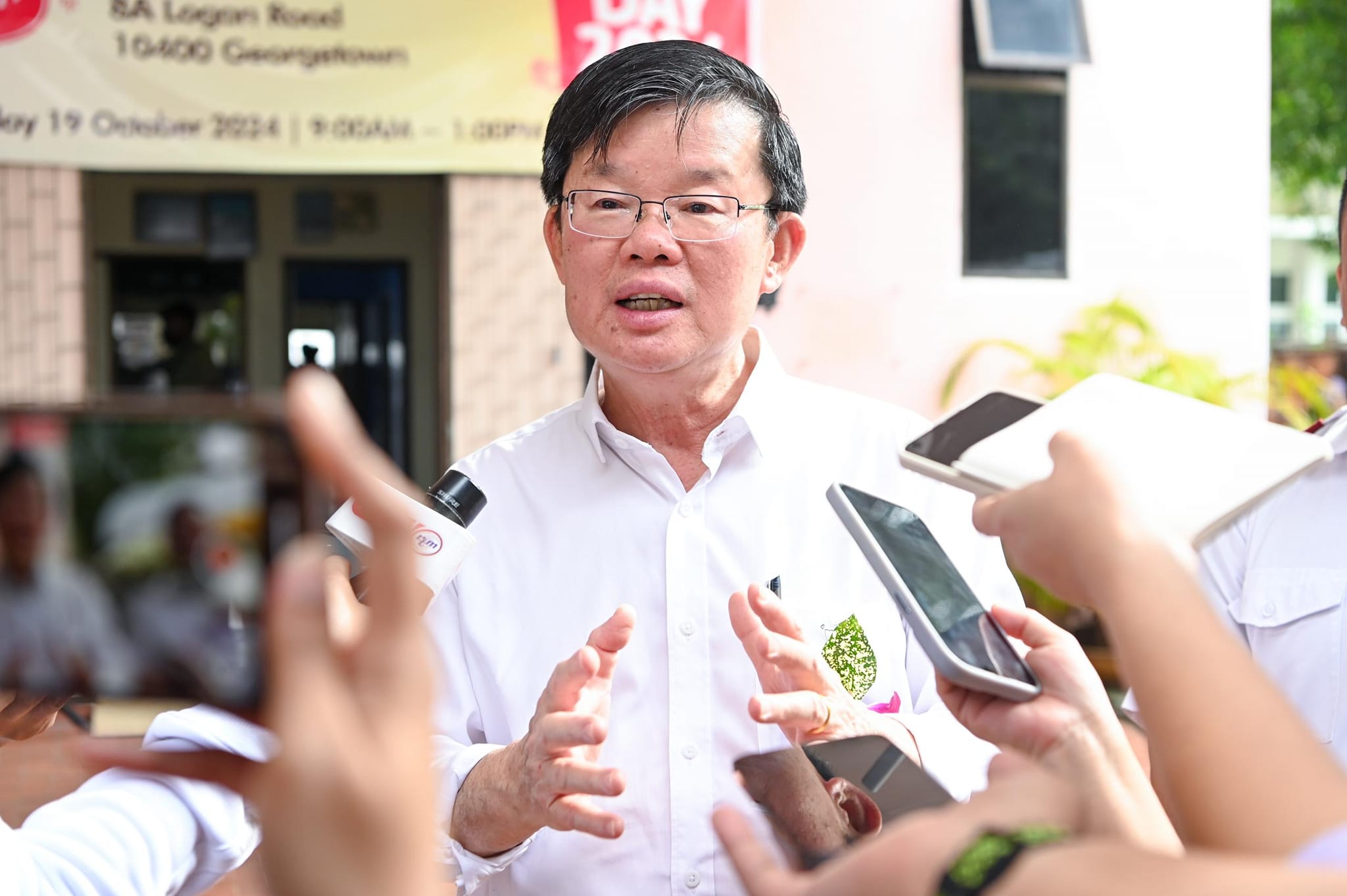NIBONG TEBAL — The Penang government will meet investors in the state in a week’s time to discuss the impact of US tariffs of 24% on Malaysia, said Chief Minister Chow Kon Yeow.
He will chair the roundtable meeting next Friday which will bring together the state’s economic development committee that he chairs, state-owned think tank Penang Institute, and industry representatives.
Chow said that state government and its investment agency, InvestPenang, have submitted feedback gathered from industry players in the state to Prime Minister Datuk Seri Anwar Ibrahim and Investment, Trade and Industry Minister Datuk Seri Tengku Zafrul Tengku Abdul Aziz. on the potential impact of US tariffs to Penang’s economy.
He acknowledged certain views that Malaysia, and Penang, might see positive impact from the tariffs, given that the 24% rate is lower than regional neighbours, all views had to be considered.
“These are just preliminary views, and we (Penang) just take note of them.
“I believe that the federal government will look through all feedback (gathered) for a negotiation with the US on the tariff,” he told reporters on the sidelines of a Raya Aidilfitri open house event in Jawi, near here.
Penang, which is popularly known as the “Silicon Valley of the East”, hosts major American semiconductor companies like Intel, Broadcom, and Micron, and recently attracted Chinese firms as well.
In February, Chow said that Penang’s solid economic foundation, built over the last five decades, puts the state in a strong position to face any of Trump’s tariff policies.
Despite the tariff impact, Malaysia’s International Trade and Industry Ministry announced that it would not impose retaliatory tariffs against the US, citing robust domestic demand as the key driver of economic growth.
Zafrul also said that Malaysia had anticipated the possibility of steep US tariffs and has taken proactive steps to reduce its impact by diversifying export markets by targeting African countries, restarting free trade agreement (FTA) negotiations with the EU and South Korea last year, and eyeing deeper trade with Asean countries.
Regionally, Cambodia is the hardest hit in ASEAN by the tariffs with 49% imposed, followed by Laos (48%), Vietnam (46%), Myanmar (45%), Thailand (37%) and Indonesia (32%).
Brunei, like Malaysia, had a 24% rate imposed, while the Philippines and Singapore had 18% and 10%, respectively.
Economists have responded to the tariff announcement by recommending that Putrajaya ease trade restrictions and tariffs on American goods to help persuade the US to reduce its imposed rates.
Anwar said yesterday that he has engaged in high-level talks with the individuals close to Trump on the tariff issue. – April 6, 2024


